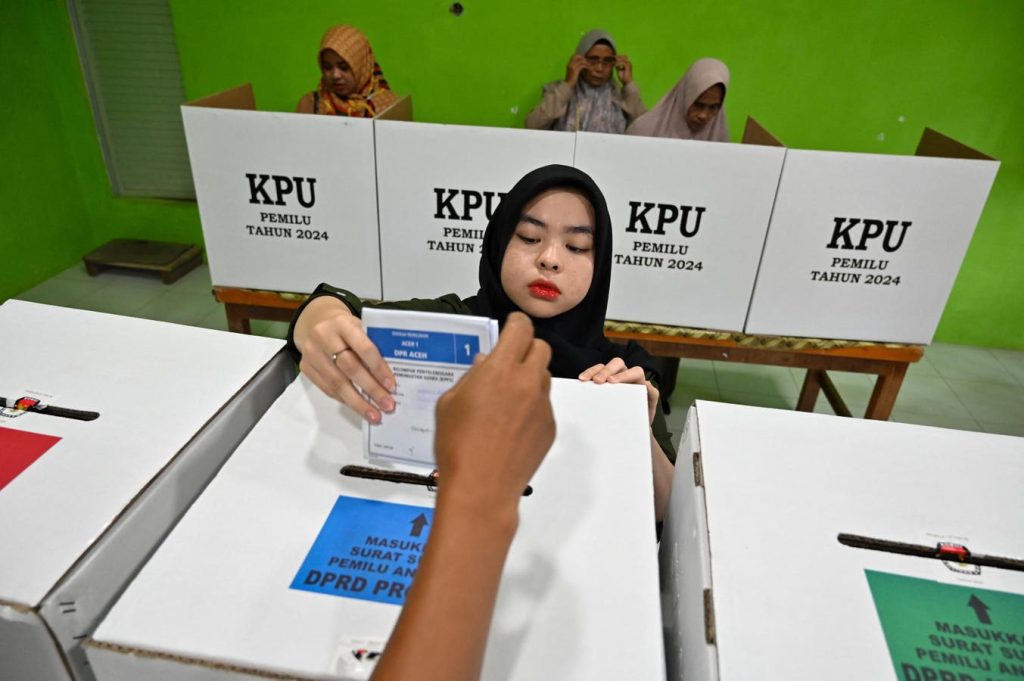A social movement in Indonesia aimed at informing and engaging young voters during the recent national elections has gained considerable traction. With over half of the 107 million voters in Indonesia under the age of 40, only 8% of them identified as politically engaged. Andhyta Firselly Utami, a former environmental economist and the founder/CEO of NGO Think Policy, started the Bijak Memilih or “Vote Wisely” project as a means of providing digestible and relevant political information to voters to enable them to make informed choices.
The project focused on the importance of accessible information and intergenerational collaboration in fostering a healthy democracy. Utilizing social media, memes, and the latest trends, the team captured the attention of young voters and engaged them in substantive discussions about the election and choosing leaders. Offline forums called BMx were also created to reach a wider audience and encourage discussions on relevant issues in different communities. As a result, a survey revealed that a significant percentage of voters felt more optimistic about Indonesian politics and aimed for deeper political engagement.
The Bijak Memilih project was successful in reaching a large number of young people, garnering 1.4 million unique website visitors aged between 17 and 40. The team believes that similar movements could be beneficial in other countries with upcoming elections, especially where there is a high percentage of young voters. Moving forward, the project aims to continue providing civic engagement to its audience by monitoring legislation and public policy implemented by the winning administration. The project was also selected in the “Learning for Civic Action Challenge by MIT Solve.
Andhyta Firselly Utami, who grew up in Indonesia, highlighted the unique challenges faced by democracy in the Global South, including the lack of transparency and meaningful information available to voters. She emphasized the importance of having a democracy that works and the need for solutions to address ongoing challenges such as apathy and lack of interest among young voters. Looking ahead, there is a need to explore these challenges and find appropriate solutions to ensure that democracy remains strong and vibrant in countries like Indonesia.
In Colombia, researcher Lorena Romero Leal is using technology to investigate and highlight the impact of women in the Amazon region since the signing of the peace deal with the FARC guerrillas in 2016. Women-led social, cultural, and environmental organizations have seen an increase in their presence in Colombia’s Amazon region, which has been heavily affected by deforestation. The researcher’s work has focused on mapping indigenous and non-indigenous women’s organizations in the Colombian Amazon to make their work more visible and highlight their crucial role in caring for the environment and advocating for their communities.
While the challenges facing democracy in different parts of the world may vary, the efforts of individuals like Andhyta Firselly Utami in Indonesia and Lorena Romero Leal in Colombia demonstrate the importance of using technology and innovation to address these challenges. By engaging young voters and highlighting the role of women in environmental conservation and community advocacy, these initiatives are making a significant impact in their respective regions. As the global community continues to grapple with the complexities of democracy and governance, these examples serve as inspiration for creating positive change and fostering a more inclusive and participatory society.


